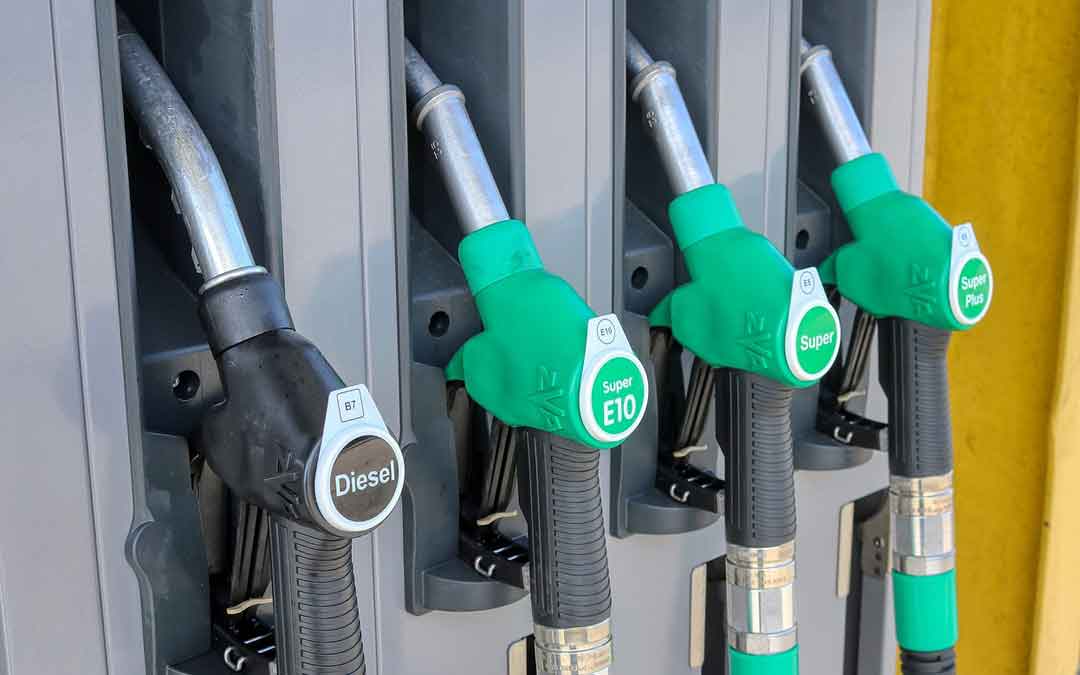At last – an Australian fuel efficiency standard

The Australian Government plans to introduce a Vehicle Efficiency Standard, which is expected to come into effect from January 2025. This standard will bring Australia into line with Europe, the USA and Japan. The Coalition proposed a similar standard in 2016 and 2022. Of all OECD nations, only Australia and Russia lack energy efficiency standards.
Currently, emission technologies in operation in the US are not readily available in Australia. While vehicles with more fuel-efficient engines go to the US and Europe, Australia is left to be a ‘dumping ground’ for older, more polluting vehicles.
‘Driving the Standard’ is the Government’s commitment to reduce emissions from fossil fuels. Australian cars use, on average, 20 per cent more fuel than those in the US, meaning cars here produce significantly higher emissions. A government estimate is that the Standard would reduce Australian vehicle emissions by around 369 million tonnes of CO2 by 2050. Since transport is the 3rd largest source of greenhouse emissions in Australia, the reduction will have a very significant impact on overall Australian emissions.
For motorists themselves, the plan is expected to save around $5710 over 5 years, since more fuel-efficient vehicle models will use less fuel. The savings are expected to be substantially more for those living in rural areas, who have longer driving distances.
Against these advantages, it is argued that implementing the plan will make vehicles more expensive. Analysis of vehicle prices in the US, however, showed ‘no systemic, statistically significant increase in inflation-adjusted vehicle prices’ over 2 decades. The US has had a fuel efficiency standard since 1975.
Another argument is that introducing the Standard will reduce the availability of larger vehicles, such as SUVs and utes. Overseas experience, particularly in the US, suggests that this is NOT the case. In fact, there is evidence to suggest that car companies will be willing to send a wider range of vehicles to Australia, including larger vehicles.
Often overlooked in the discussion is the improvement in public health brought about by better fuel standards. Not only do vehicle emissions impact the climate as a whole, they also affect people more directly. Vehicle emissions are responsible for large numbers of premature deaths, through the emission of harmful nitrogen oxides, sulphur oxides and particulate matter. The fuel efficiency standard will have a positive impact on this local pollution.
Given how far Australia has to go in the regulation of fuel emissions, the announcement by the federal government is particularly welcome.
An Australian New Vehicle Efficiency Standard – Australian Government
Car emissions policy clash to rev up Dunkley byelection – The Age
Transport emission: driving down car pollution in cities – Climate Council
Written by Paul Gale-Baker
